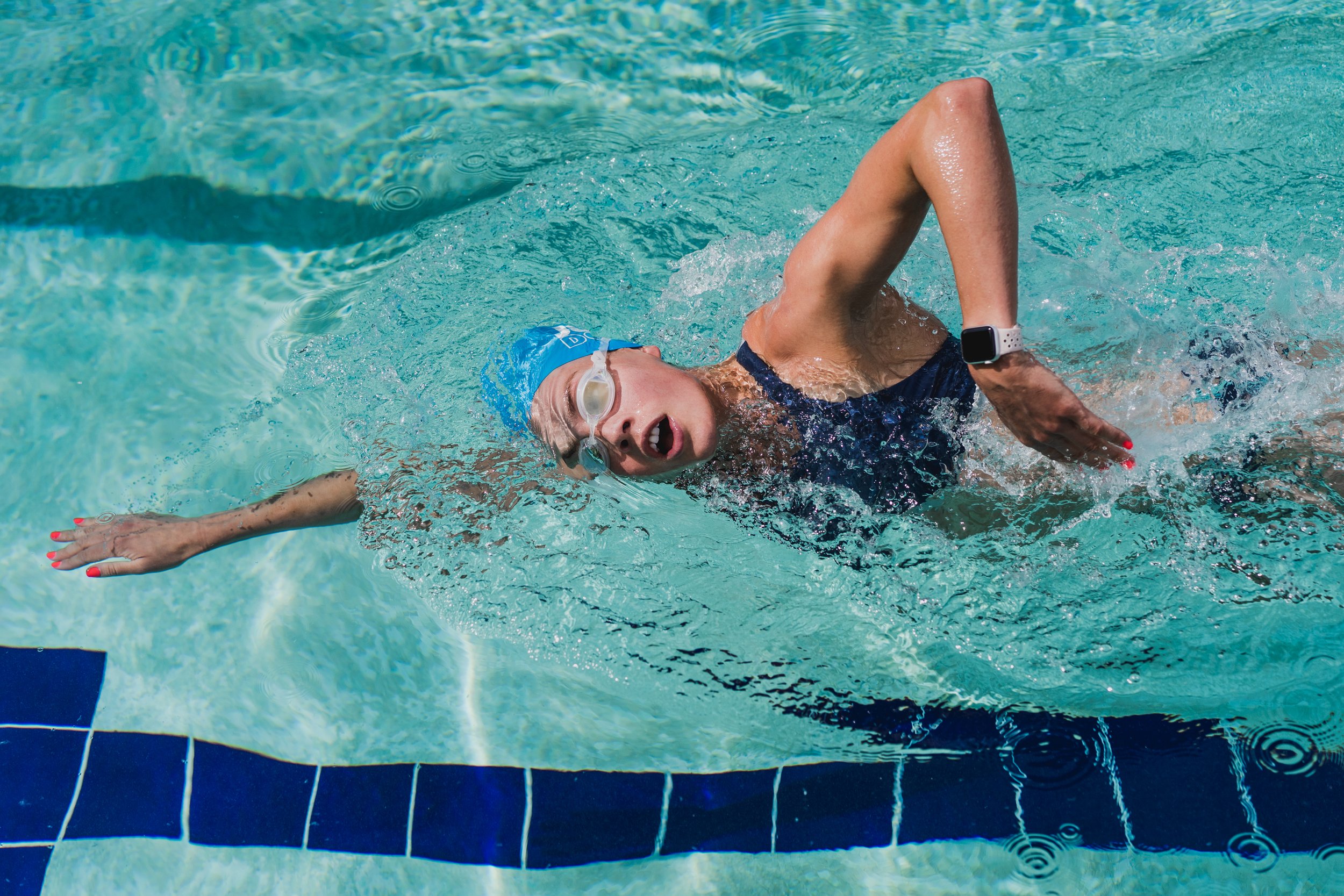Rise by Six: Your Daily Dose of Inspiration
Explore insights and stories that elevate your day.
Dive Into This Splash of Swimming Secrets
Uncover the hidden secrets of swimming! Make waves with expert tips and tricks to elevate your skills and boost your confidence in the water.
5 Essential Techniques to Improve Your Swimming Stroke
Improving your swimming stroke is crucial for enhancing your performance in the water. Here are 5 essential techniques that can help you achieve a more efficient stroke:
- Proper Body Position: Maintain a horizontal position in the water by keeping your head in line with your spine. This reduces drag and allows for a smoother glide.
- Effective Breathing: Coordinate your breathing with your strokes. Inhale quickly when your head turns to the side, and exhale underwater to maintain rhythm.
- Arm Technique: Focus on your hand entry and pull. Your hand should enter the water fingers-first and extend fully before pulling through, ensuring maximum propulsion.
Continuing with our list, consider the following points to further refine your swimming technique:
- Kick Efficiency: Your legs play a vital role in your stroke. Practice a steady flutter kick, and ensure it originates from your hips rather than your knees to maintain propulsion.
- Practice Drills: Incorporate drills such as the catch-up drill and zipper drill into your training routine. These will help isolate different elements of your stroke and improve overall technique.
By focusing on these essential techniques, you’ll not only enhance your swimming stroke but also enjoy a more effective and enjoyable swim.

The Ultimate Guide to Overcoming Fear of Swimming
Fear of swimming is a common challenge faced by many individuals, often stemming from past negative experiences or a lack of exposure to water. To begin overcoming your fear of swimming, it’s essential to identify the root cause of your anxiety. Ask yourself questions like:
- What specific situations trigger my fear?
- Have I experienced any negative incidents in the water?
- Do I feel unprepared or lacking in swimming skills?
Once you’ve identified your fears, it’s time to take gradual steps to face them. Start with swimming exercises that promote relaxation and comfort in the water, such as floating exercises or simply wading in shallow areas. Consider enrolling in swimming classes for beginners, where trained instructors can assist you in developing your skills safely. Additionally, surround yourself with supportive friends or family members who can encourage you through this process. Remember, overcoming fear is a journey, and each small victory will pave the way towards enjoying all the benefits that swimming has to offer.
What Are the Best Practices for Swimming Safety?
Swimming safety is crucial for everyone, whether you're a beginner or an experienced swimmer. To ensure a safe swimming experience, always supervise children closely and ensure they understand the basic rules of being around water. One effective practice is to establish a swimming safety buddy system, where swimmers pair up and look out for each other. Additionally, always swim in designated areas and avoid swimming alone, especially in unpredictable environments like rivers and oceans.
Another best practice for swimming safety is to be aware of your surroundings and know the depth of the water you are entering. Before diving into unfamiliar waters, always check for hazards such as rocks or strong currents. It is also important to wear appropriate gear, such as life jackets for those who aren’t strong swimmers. Furthermore, consider taking a swimming class to improve your skills, and familiarize yourself with basic rescue techniques to help others in case of an emergency.